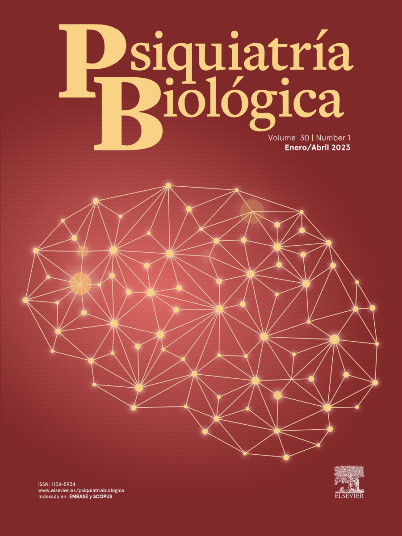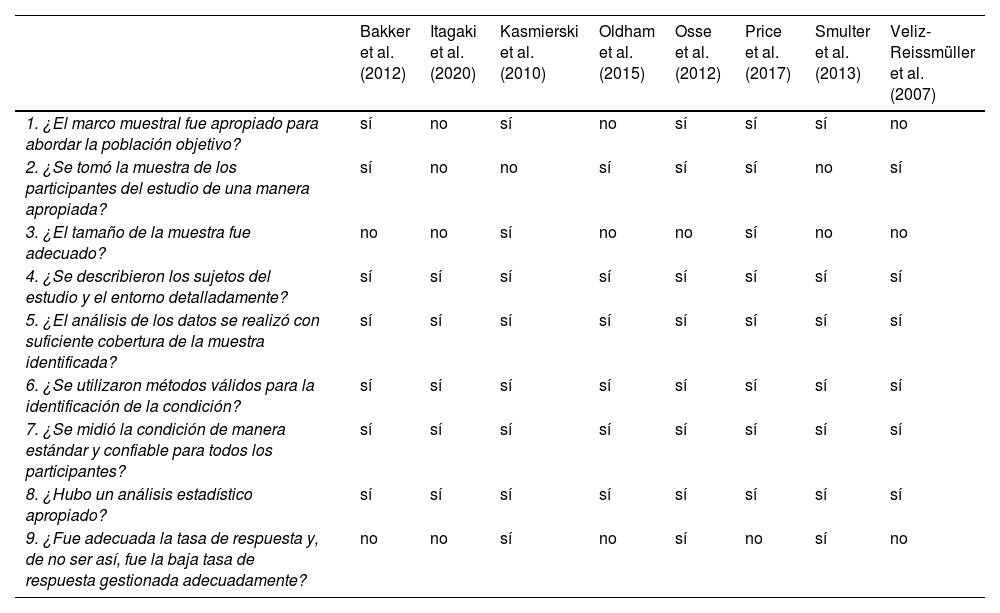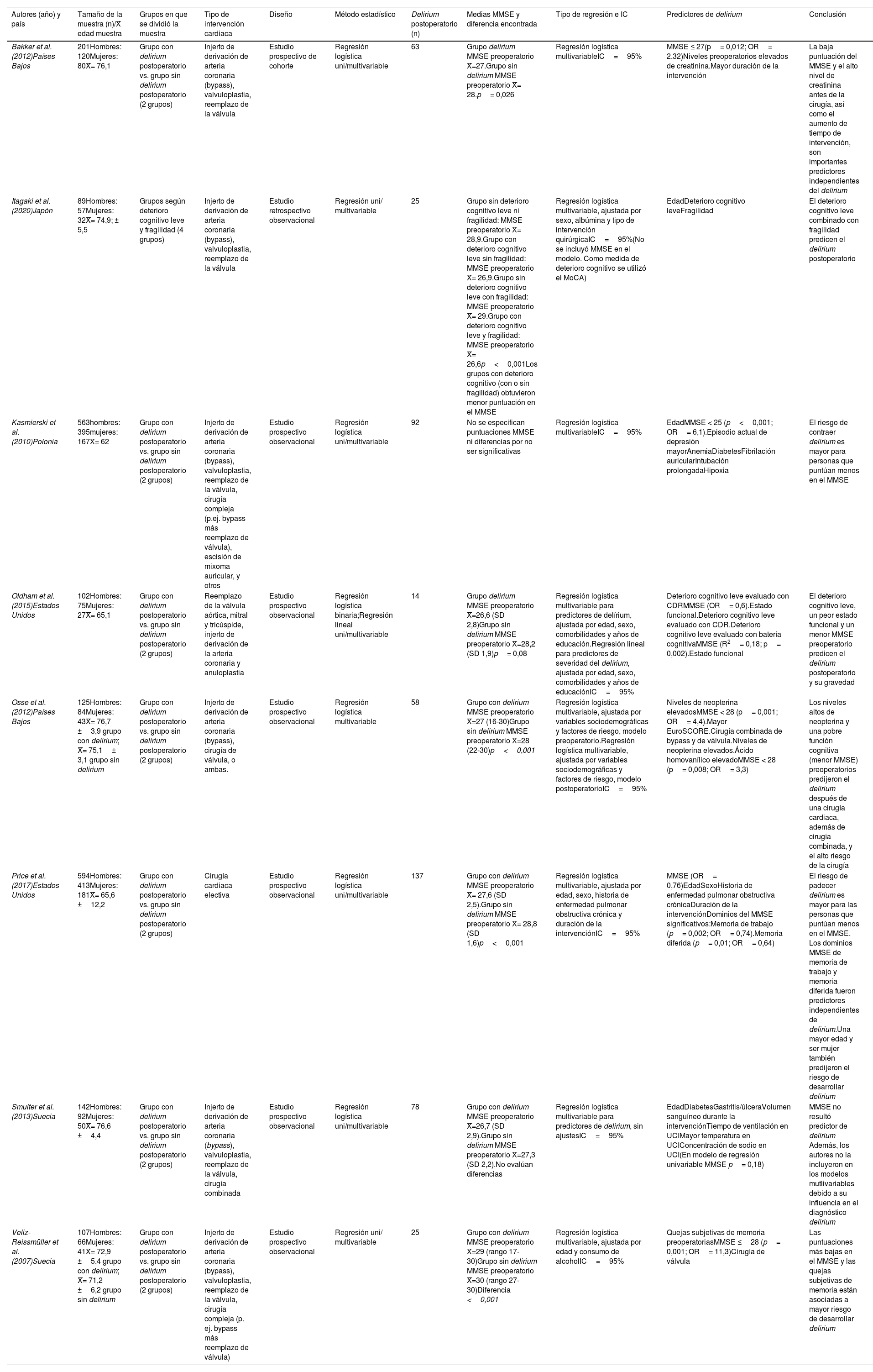el delirium es un trastorno neurocognitivo cuya prevalencia aumenta con la edad. Su incidencia después de la cirugía cardiaca oscila entre 11 y 52%. Existe un gran número de estudios sobre los factores de riesgo que inciden en la aparición del delirium postoperatorio en la cirugía cardiaca, aunque la mayoría de ellos están orientados a factores fisiológicos, obviando a menudo la posible relevancia de los aspectos neuropsicológicos, como puede ser el deterioro cognitivo. El objetivo de este trabajo consistió en analizar la influencia del deterioro cognitivo como factor independiente de riesgo (predictor) en la aparición del delirium postoperatorio basado en el Mini Mental State Examination (MMSE), después de una cirugía cardiaca.
Desarrollose llevó a cabo una búsqueda en las bases de datos PubMed, PsycInfo, Scopus y Web of Science. Se acotó la búsqueda a artículos publicados entre los años 2001 y 2022. Se obtuvieron 384 artículos. Se eliminaron aquellos repetidos y no relacionados con el tema, quedando un total de 8 artículos que cumplían con los criterios de selección. Esta revisión sistemática se llevó a cabo de acuerdo con los criterios de la declaración PRISMA 2020.
Conclusionesse observó una correlación estadísticamente significativa entre la medida del deterioro cognitivo, el MMSE y las distintas medidas de delirium postoperatorio, en la mayoría de estudios, por lo que se puede concluir que posiblemente un grado leve de deterioro cognitivo pueda ser condición suficiente para la probabilidad de aparición del delirium postoperatorio en cirugías cardiacas en pacientes mayores de 60 años. Por tanto, la evaluación del deterioro cognitivo mediante MMSE antes de una cirugía cardiaca podría ser útil para predecir el desarrollo de delirium postoperatorio en personas mayores de 60 años.
Delirium is a neurocognitive disorder whose prevalence increases with age. Its incidence after cardiac surgery ranges between 11% and 52%. There are a large number of studies on the risk factors that affect the appearance of postoperative delirium in cardiac surgery, although most of them are oriented to physiological factors, often ignoring the possible relevance of neuropsychological aspects, such as cognitive impairment. The objective of this work was to analyze the influence of cognitive impairment as an independent risk factor (predictor) in the appearance of postoperative delirium based on the Mini Mental State Examination (MMSE), after cardiac surgery.
DevelopmentA search was carried out in the databases PubMed, PsycInfo, Scopus and Web of Science. The search was limited to articles published between 2001 and 2022. 384 articles were obtained. Those that were repeated and not related to the topic were eliminated, leaving a total of 8 articles that met the selection criteria. This systematic review was carried out in accordance with the criteria of the PRISMA 2020 statement.
ConclusionsA statistically significant correlation was observed between the measure of cognitive impairment, the MMSE, and the different measures of postoperative delirium, in the majority of studies, so it can be concluded that possibly a mild degree of cognitive impairment may be a sufficient condition for the probability of appearance of postoperative delirium in cardiac surgeries in patients over 60 years of age. Therefore, assessment of cognitive impairment using MMSE before cardiac surgery could be useful to predict the development of postoperative delirium in people over 60 years of age.









